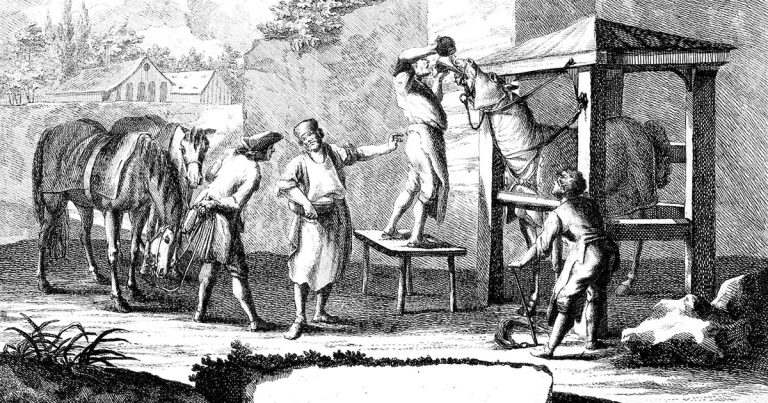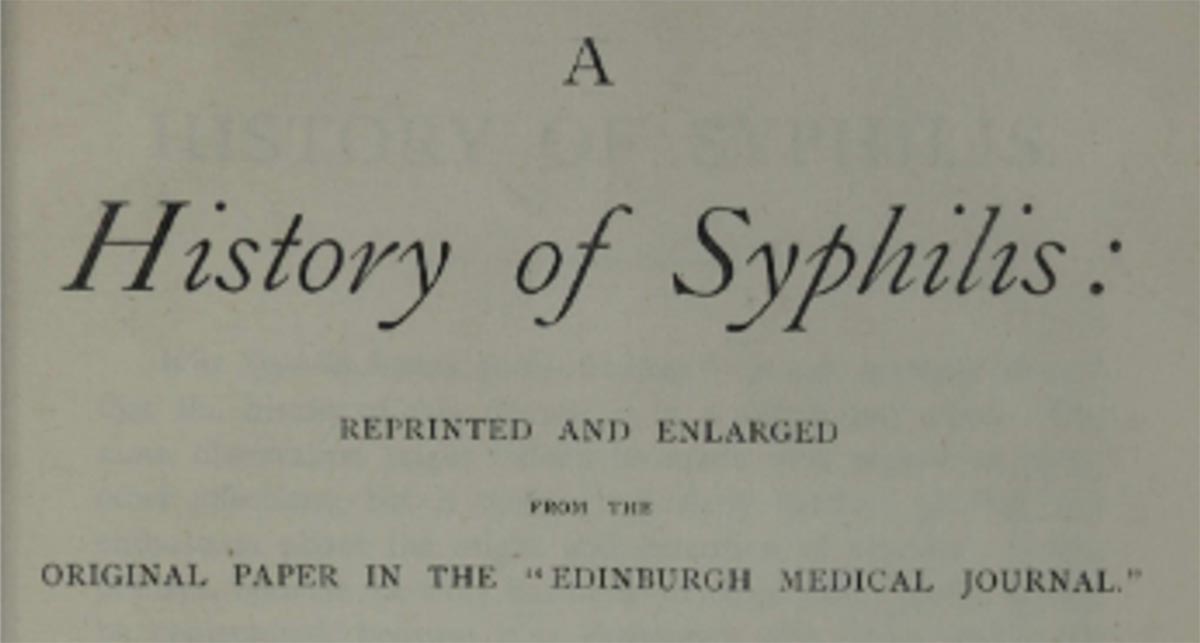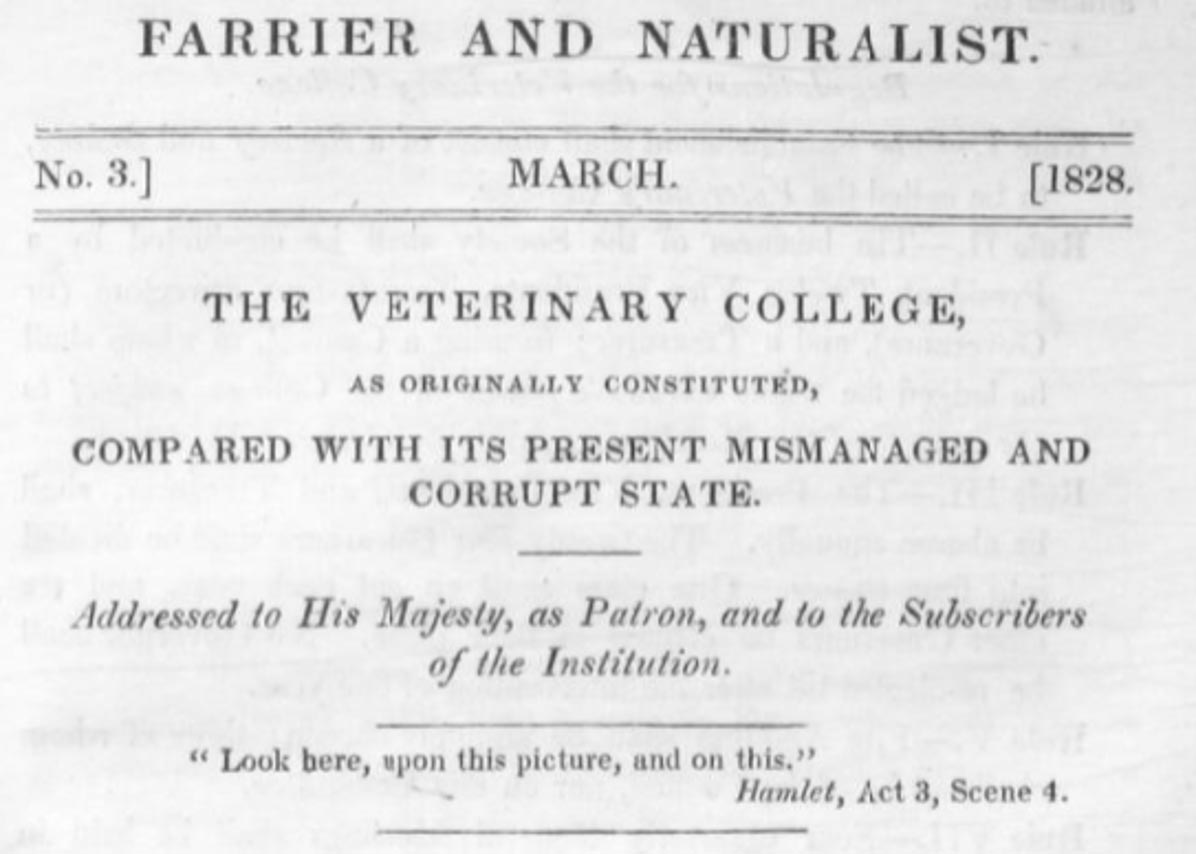9 Feb 2022
Now into the third year of her PhD, Jane Davidson shares some unexpected finds from her dive into the veterinary archives.

Horse doctor giving medicine to a horse, German, 18th century. Credit: Wellcome Collection (CC BY 4.0).
Is it really 2022, and am I really into the third year of my PhD? Well, it would appear the answer to both questions is “yes” – so I thought I’d offer a little insight into the things I have discovered throughout the course of my research so far.
The project is to look at the original veterinary legislation, with the RCVS charter of 1844 and the Veterinary Surgeons Act of 1881 as my main focus.
I had a bit of delay in accessing the RCVS archives due to COVID, but did spend some time in other archives, which I found really interesting.
Veterinary presence in 19th century archives was varied and widespread. There was a particular presence within agricultural societies, medical societies and in the beginnings of one health.
I have spent time in the Royal Agricultural Society of England’s archive, in the beautiful Museum of English Rural Life and delved into the online archive of the Royal College of Physicians, collated by Wiley.
Despite having a veterinary focus in my searches, venturing into other archives has brought with it some unintentional findings…

The Royal College of Physicians liked to suggest I should read about syphilis in almost every search I did. Well, dear reader, I did NOT want to read about syphilis, nor see the really quite accurate diagrams of the condition – but there was a warning about this, so I should really have been prepared.
On logging into the Wiley digital archive I was faced with the following warning every time – a well-written description of how language and attitudes change, and that a “historic” document must be viewed in context:

The wording of this always made me think of the recent events around statue removal and reviewing the role of slavery in history. We cannot and should not erase history, but do need to see people and events in context to understand them.
Finally, there are online archives you can access for free. If you wish to delve into the world of veterinary history yourself, The Veterinarian and The Farrier and Naturalist are both available to view on RCVS Knowledge’s RCVS Vet History website.
With elections for RCVS council being held at the moment, it may be worth noting the editorial in The Farrier and Naturalist from March 1828. Aimed at the London Veterinary School (now the RVC), I can’t quite recall what was so corrupt and mismanaged, but however people may word a candidate bio for RCVS, I don’t think it can beat this headline:

I’m loving every minute of my PhD and learning about our history so if you’d also like to know more, follow @JaneRVN and @RCVSKnowledge on Twitter and Instagram, and check out the hashtags #VetHistory, #PhDbytheSea and #VetArchives.